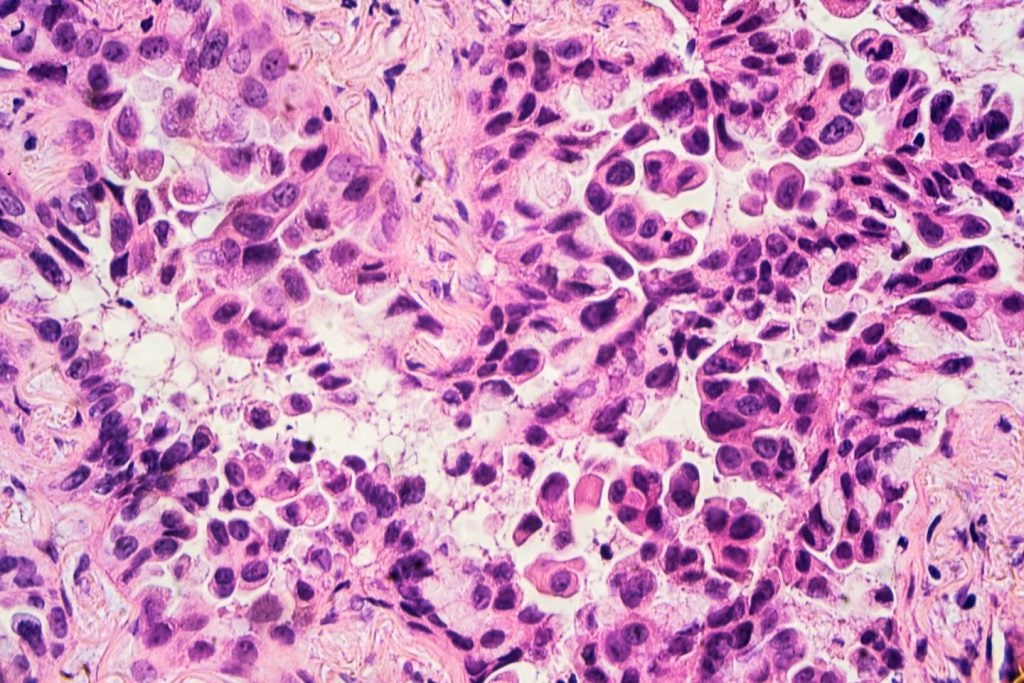
Researchers at Penn State College of Medicine in the US have demonstrated a method to relate the small molecules present in saliva for the diagnosis and prediction of duration of concussions in children.
The research team found that the measurement of certain microRNAs levels in the saliva of patients could aid in the determination of the length of concussion symptoms with 85% accuracy.
Penn State College of Medicine paediatrics assistant professor Dr Steven Hicks said: “There’s been a big push recently to find more objective markers that a concussion has occurred, instead of relying simply on patient surveys.
“Previous research has focused on proteins, but this approach is limited because proteins have a hard time crossing the blood-brain barrier.
“What’s novel about this study is we looked at microRNAs instead of proteins, and we decided to look in saliva rather than blood.”
The team isolated five microRNAs after analysing the levels of different molecules in the saliva samples collected from 52 concussion patients aged 7-21 years.
How well do you really know your competitors?
Access the most comprehensive Company Profiles on the market, powered by GlobalData. Save hours of research. Gain competitive edge.

Thank you!
Your download email will arrive shortly
Not ready to buy yet? Download a free sample
We are confident about the unique quality of our Company Profiles. However, we want you to make the most beneficial decision for your business, so we offer a free sample that you can download by submitting the below form
By GlobalDataDuring the study, the microRNA profiles were compared to the patient symptoms during initial and follow-up evaluation of the subjects carried out using the Sport Concussion Assessment Tool (SCAT-3).
Parents of the participants were also consulted to obtain information on their children’s symptoms.
Following four-week assessments, the researchers observed that the five isolated microRNAs could correctly predict the duration of symptoms for 42 of 50 patients.
It is expected that such early prediction could help doctors in delivering the right care by prescribing medication earlier without waiting to see if symptoms clear up.






